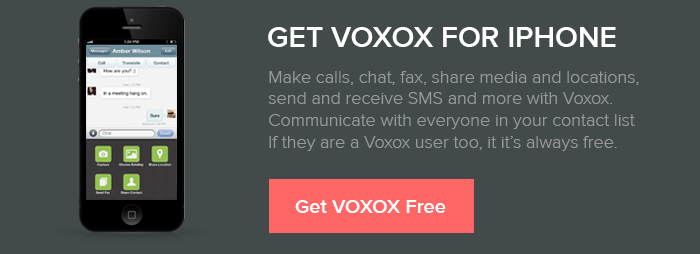
You're at a job that requires you to be on the Internet 8 hours a day, so why do you experience pangs of visceral yearning to check notifications via your smart phone while sitting in traffic and then again 35 seconds after you've walked through your front door? Why do you feel anxiety and the beginnings of a full-on tantrum when your browser isn't loading fast enough? Our need for connectivity and constant stimulation has made the Internet our #1 companion and nemesis.
As the Internet is increasingly replacing almost everything in our lives, from TV, to radio, to books, to classrooms, to doctors, to the need to interact face-to-face with other humans for absolutely any reason at all, we're using the tool more and more, and according to scientists quoted in a recent CNN article, our brains are starting to show the effects. Technology feeds the human brain's natural desire for instant gratification, fast pace, and unpredictability, so it's only natural that we are easily drawn to the Internet, right? Not so fast.
The worry is that constant online interaction is giving us what researcher and professor with the Information School at the University of Washington, David Levy, calls "popcorn brain" -- a brain accustomed to the constant stimulation of electronic media and multitasking. This constant online stimulation can activate dopamine cells in the main pleasure center of the brain, leaving us feeling elated and alert.
Although this sounds like a good time, our online multitasking habit is actually depriving our brains of rest, which it needs to process things, and it is also negatively affecting our abilities to read human emotions.
Clifford Nass, a social psychologist researcher at Stanford, says, "Human interaction is a learned skill, and they (online multitaskers) don't get to practice it enough." Nass reported that when he showed online multitaskers pictures of faces, they had a hard time identifying the emotions they were showing. This same group had difficulty identifying emotions and stating ways to improve the moods of characters in stories he read to them.
It's obvious, and scientifically proven, smartphones and online media are quickly reducing our need and ability to interact with other humans. WALL-E is no longer an inconceivable vision of the future, it is a very real (OK, exaggerated) representation of the present. If you think you're losing the fight against Internet addiction, spending too much time on your devices, and are feeling the kernels popping in your brain as you read this, maybe it's time to give Voxox a try and rid yourself of communication overload once and for all.








